Possess, produce or disseminate child abuse material
The offence of Possessing, producing or disseminating child abuse material is found in section 91H of the Crimes Act 1900 (NSW) which deems a person guilty if they have possessed, disseminated, or produced child abuse material.
You could be charged with Possessing, producing or disseminating child abuse material if:
- You have child abuse material on your laptop, computer or other electronic device;
- You have shared child abuse material with another person;
- You have downloaded or saved child abuse material from an internet site or chat groups;
What must the prosecution prove?
Since this offence is dealt with in the criminal jurisdiction, the burden of proof for establishing this offence rests solely with the Prosecution.
The prosecution must prove the following beyond reasonable doubt:
- You possessed, disseminated or produced material; and
- That material was child abuse material.
What is possession?
What is production?
Production is defined as:
- Filming, photographing, printing or otherwise making,
- Altering or manipulating, and
- Entering an agreement or arrangement to do so.
What is dissemination?
Dissemination is defined as:
- Sending, supplying, exhibiting, transmitting or communicating to another,
- Making available for access by another, and
- Entering an agreement or arrangement to do so.
What is Child Abuse Material?
‘Child abuse material’ encompasses depictions or descriptions that reasonable persons would find offensive, including:
- Displaying the private parts of a person who is, appears to be, or is implied to be a child.
- Portraying a person who is, appears to be, or is implied to be a child as a victim of torture, cruelty, physical abuse, or engaged in or witnessing sexual poses or activities.
Determining the offensiveness of such material relies on factors such as:
- Standards of morality, decency, and propriety accepted by reasonable adults.
- Any literary, artistic, or educational merit.
- Journalistic value, if applicable.
- General character of the material.
What are Private Parts?
‘Private parts’ are defined as the genital or anal area, whether exposed or covered by underwear, and the breasts of a female, or transgender or intersex person identifying as female.
For legal purposes, a ‘child’ is someone under 16 years of age.
Pleading Not Guilty?
Defences against charges of possessing, disseminating, or producing child abuse material may include:
- Lack of knowledge or reasonable awareness of possession, dissemination, or production.
- Conduct serving public benefit through law enforcement, administration, or justice, without extending beyond.
- Material receiving publication classification.
- Material approval by the Attorney-General for research purposes.
- Depiction of oneself in the material, which would not qualify as child abuse material in the absence of one’s image.
- Receiving unsolicited material and taking reasonable steps to dispose of it upon realizing its nature.
An exception to the offence is applicable when:
- Possession occurred while under 18.
- A reasonable person would find possession acceptable, considering factors such as:
- Nature and content of the material.
- Circumstances of obtaining it.
- Age, vulnerability, and circumstances of the depicted child.
- One’s own age, vulnerability, and circumstances.
- Relationship between the possessor and depicted child.
What are the maximum penalties for this offence?
The maximum penalty for Possessing, producing or disseminating child abuse material in NSW is:
- Ten years imprisonment
What are your options at Law?
If you are facing charges of Possessing, producing or disseminating child abuse material, the team at Barsha Defence Lawyers can exercise the following options on your behalf to protect your interests:
- Negotiate with prosecutors to withdraw or amend the charges.
- Plead not guilty to the charges and present a case at a Hearing/Trial to challenge the prosecution’s case.
- Plead guilty to the charges but dispute the facts alleged at a “disputed facts hearing”.
- Plead guilty to the charges and the facts at a Sentencing hearing with an objective to obtain the most lenient penalty available.
If you agree that you have committed the offence and/or the police are able to establish the offence, it is best to plead guilty at the earliest possible opportunity to receive the maximum discount. The maximum discount available for an early plea of guilty is 25% of the sentence the Court is minded to impose.
Charged With Child Abuse Material?
If you’re facing charges related to possessing, producing, or disseminating child abuse material, contact Barsha Defence Lawyers, specialists in criminal defense, today to book your first free consultation.
Possessing, producing, or disseminating child abuse material is a serious offense with severe legal consequences. Our team of specialist attorneys at Barsha Defence Lawyers is highly experienced in handling cases of this nature and is dedicated to providing you with the expert support and guidance you need during this challenging time.
During your free consultation, our skilled specialists will assess your case, answer your questions, and discuss your legal options. We’ll work tirelessly to develop a strategic defense tailored to your specific circumstances and advocate for the best possible outcome for your case.
Don’t face these charges alone—reach out to Barsha Defence Lawyers, specialists in criminal defense, now to protect your rights and receive the specialized legal representation you deserve.
